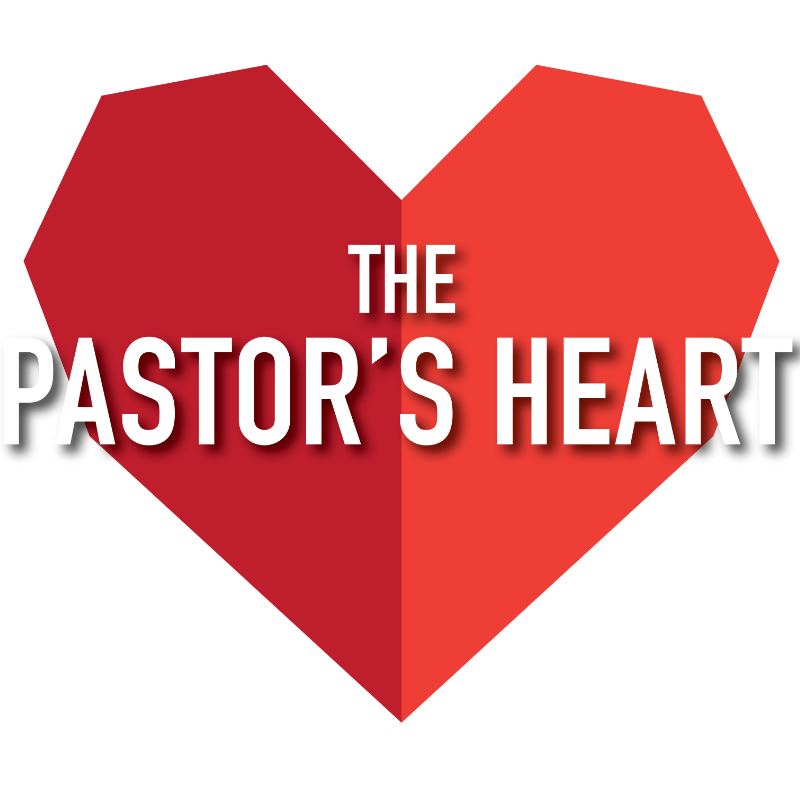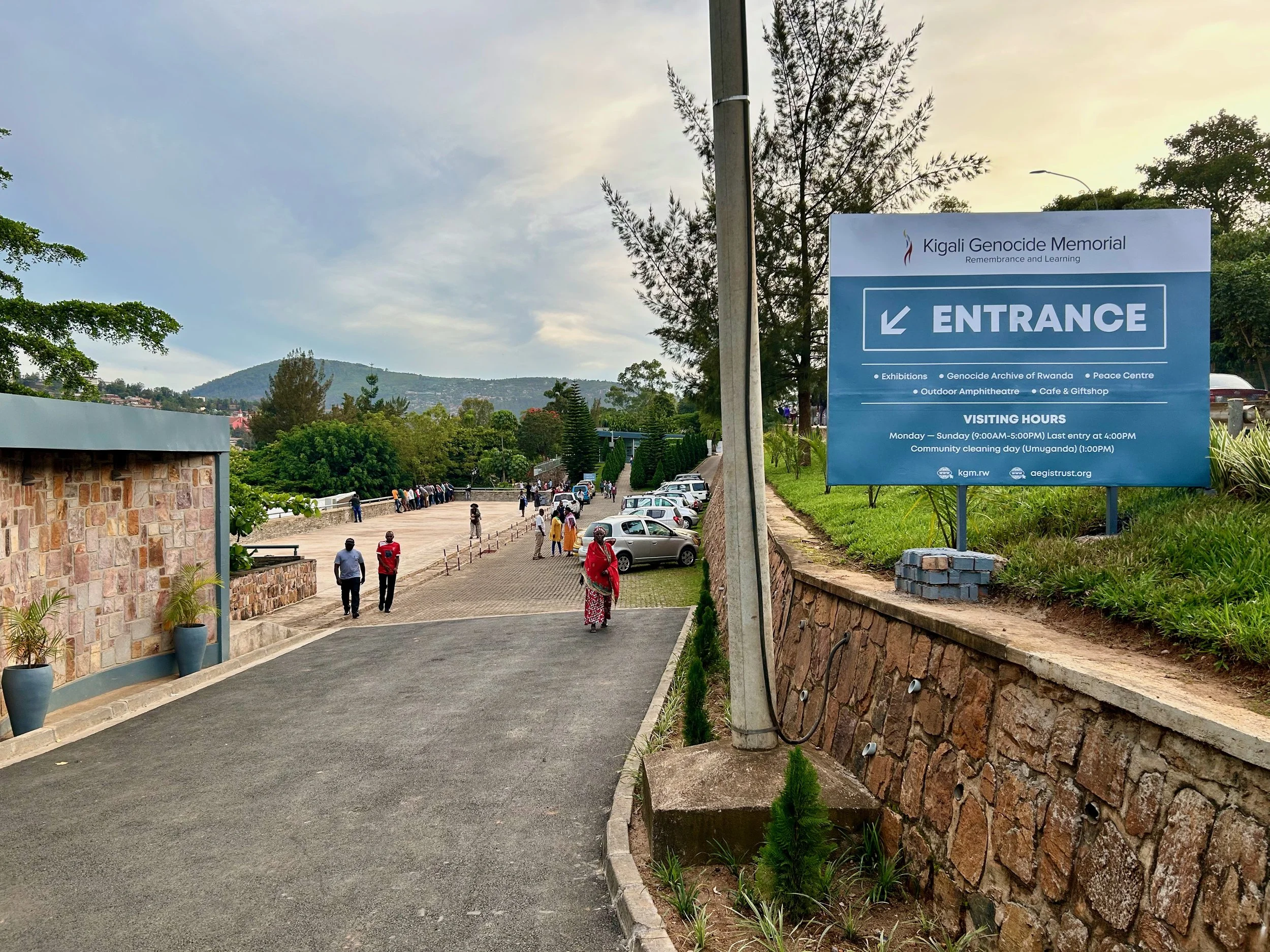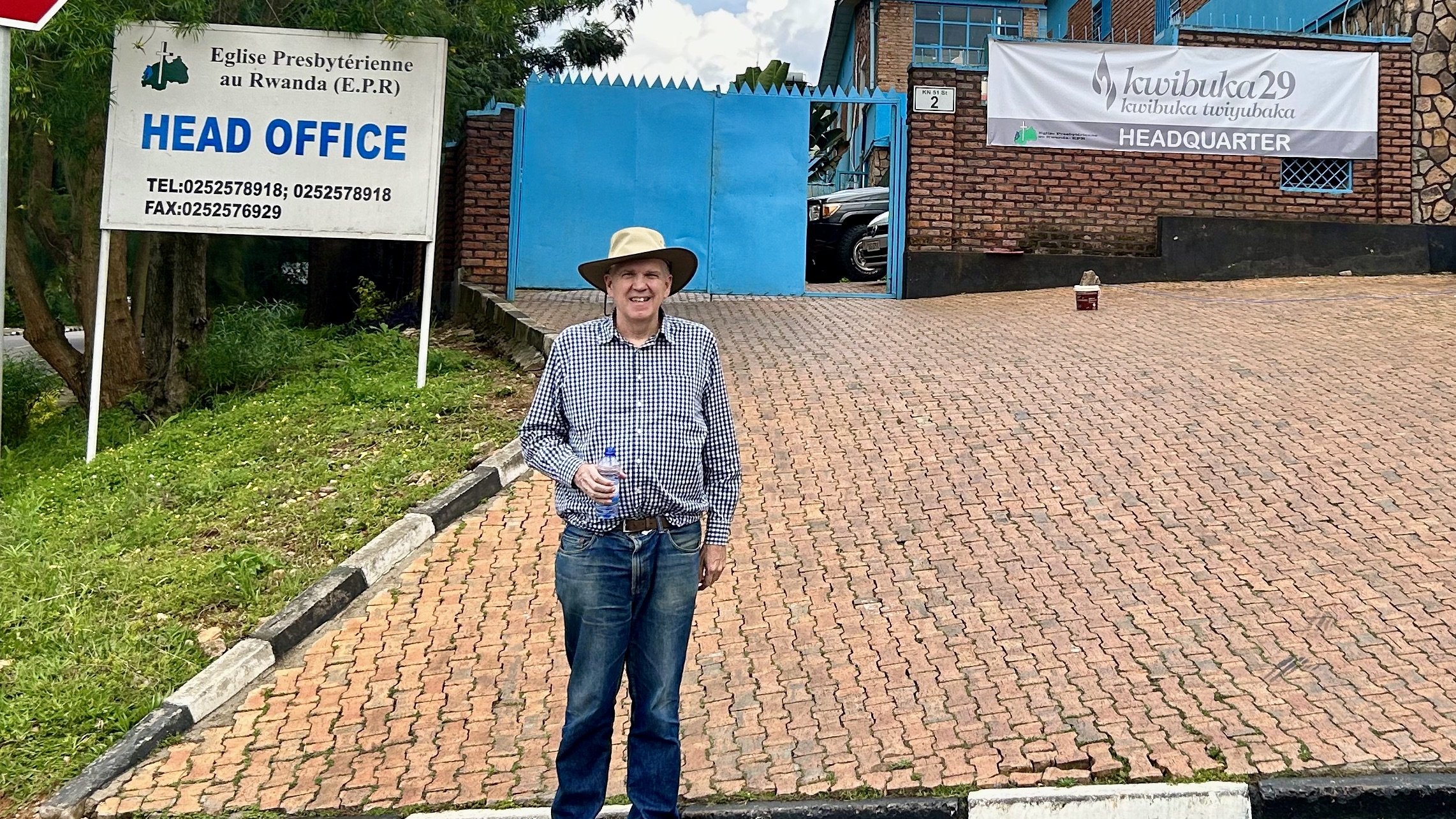The 1994 Genocide of the Tutsis in Rwanda | Commemoration week in Rwanda
A word to my many Christian friends visiting Rwanda next week for the big #Gafcon23 conference. Everywhere in Kigali there are signs saying ‘Kwibuka29’ (see photo).
It’s the 29th time the nation has been through the process of commemoration since the 1994 genocide against the Tutsi in Rwanda.
This week in Kigali I am an outsider looking in at a family (country) in profound grief. I’m trying to understand nation’s pain but not getting it.
I’ve been involved in Anzac Day and Remembrance Day services in Australia for years, but somehow this seems much much more painful.
Cath and I spent a few hours at Rwanda’s Genocide Memorial yesterday. On this site the remains of a quarter of those killed are buried.
Outside (see photo) there was a packed commemoration service going on in the amphitheater. As we stood in the back row several people broke down in tears and had to be carried out of the theatre.
Only a few days before the Rwandan President had stood where we were and lit the flame of commemoration (see photo) that will keep burning during this season.
The memorial itself has three sections:
1 The lead up, ethnic tensions, the genocide, the media, the west and the aftermath of what happened here in 1994. Most startling here were three rooms that featured photos of those killed, the bones of those killed and the video accounts of people processing their post traumatic stress and trauma.
2 A look at Genocides around the world including and especially the Nazi holocaust.
3 A focus on the brutality extended to the young Tutsi children during the massacre.
Dr Catherine especially noted in the room focused on bones the massive damage done to skulls. So many had massive fractures from having been beaten in, or bullet holes from where people were shot in the head, frequently the eyes.
There was one line that stood out for me at the central point of the exhibition, ‘Rwanda was dead.’
Everywhere you go in Kigali today there are Genocide Memorials(see photos).
I remember American’s talking after nine eleven about how many degrees of separation each person had to a victim of the twin towers tragedy.
But, with a current population of 12 million, and a million people killed in the genocide, here in Rwanda, everyone was affected. Profoundly. My Rwandan friend who dropped us at the memorial and picked us up, said he was young at the time (six years old I think) didn’t really want to talk about it/focus. But he lost aunties and uncles and was scarred with memories, bad memories of that time.
As a Christian, I was grieved to read terrible stories in the exhibition of people being offered shelter in Roman Catholic Churches, only to find out too late that the priest who invited them was him cahoots with the murderers. Gunmen entered the sanctuary and opened fire indiscriminately.
In contrast there were some stories of heroic actions by other Catholic priests, attempting to shelter and protect victims.
I didn’t see anything in the exhibition about actions (good or bad) by Protestant leaders during this season, except one section praising a Seventh Day Adventist minister for his work in sheltering and aiding victims.
However, since then I have found this article, saying none of the churches were covered in glory.
At the gift shop, Cath bought the autobiography of a Tutsi nurse who ran a medical clinic at the time. All her family were killed, yet somehow she survived.
I purchased ‘A people betrayed: The role of the west in the Rwandan Genocide.’ I am still reading but Linda Melvern is critical of the UN, the USA, UK, France and Belgium especially, but others as well.
‘Since 1994 there has been an almost continuous series of debates, studies and resolutions on the role of the West in Rwanda’s genocide. These have shown how little true humanitarianism there is at the heart of even states that both possess abundant resources and profess a commitment to human rights. Neither the US nor the UK government has answered the accusations levelled at them, including a failure to abide by their obligations under the 1948 Genocide Convention. There has been no offical inquiry into this failure by either state, and today the blame has simply slid away form the officials and politicians responsible for the decision-making.’
‘The 1994 Genocide in Rwanda is one of the most horrible crimes of our age. It contributed to the destabilisation of an entire region and it was followed by years of war, human deprivation, rape and misery, with untold and unimaginable brutality, and an incalculable number of victims. The story has not ended.’ (Melvin, p277-278)
Melvin is also critical of the media (of which I was a part).
‘In a harsh rebuke after the genocide was over, an international inquiry concluded that, although the news coverage had been handicapped by danger on the ground, the Western press, in characterising the genocide as tribal anarchy, was fundamentally irresponsible. The media’s failure to report that genocide was taking place, and thereby generating public pressure for something to be done to stop it, contributed to the international indifference and inaction and possibly to the crime itself.’ (Melvin, p 168)
I’ve been trying to remember 1994. I had just finished full time in radio news, and started theological college that year. Nevertheless, I spent three months editing and presenting afternoon news on 2GB Sydney (I remember finishing lectures at 1pm, skipping college lunch, catching the bus down King Street into the city, running down to the 2GB studios in Sussex Street, arriving at 1:27pm, and presenting the 1:30pm news update).
I wasn’t on duty in the months surrounding April. But had I been, I am not sure I would have made different decisions to my friends and peers who were on duty. Melvin’s criticism that we covered the story as ‘tribal anarchy’ rather than as a genocide, rings true.
It wasn’t till May that UN General Secretary Kofe Annan used the term ‘genocide’ from the UN Pulpit, but even then the nations of the world and the media of the world was far too slow to show care or interest.
EMOTIONS
Now to emotions. As a young journalist a long time ago I developed a habit of coping by compartmentalisation, a way of reporting on terrible news assignments in a detached not emotionally involved way.
I remember this breaking down a few years ago as I walked around the 9-11 memorial in New York. But here in Kigali, among people who everywhere around lived through this horror, as they grieve and remember together, with signs everywhere saying ‘Kwibuka29’ I have found myself confronted, horrified, and with them profoundly saddened.
THEOLOGY
I know I am sinful. I know there’s nothing wicked that anyone has done, that I don’t have the capacity to do. And that to quote someone wiser than me, ‘the only reason I haven’t done that dreadful thing (insert description of action), is not because there’s anything good about me, but because I am (a) not good at it, (b) lack of opportunity and (c) I might get caught.’
So I look at my Rwandan friends, not with any sense of superiority, but soberly reflecting on my own sin, my own propensity to every kind of wickedness, and I cry with them ‘Come Lord Jesus. Come and put things right.’
I was going to pray that anyway this week, but after this close up confrontation with our sin, I will be even more fervent in my prayers this week.
- Dominic Steele
(The views above expressed are mine alone and do not necessarily reflect the position of any of our Heart of Gafcon sponsors etc).
****
The Pastor’s Heart coverage of Gafcon is brought to you by Anglican Aid. Anglican Aid is the aid, development and ministry support agency of Sydney Anglicans in partnership with the global church. We long to see the grace of God overflow to a world in need. www.anglicanaid.org.au
#thepastorsheart #gafcon23 #heartofgafcon #globalanglicans











